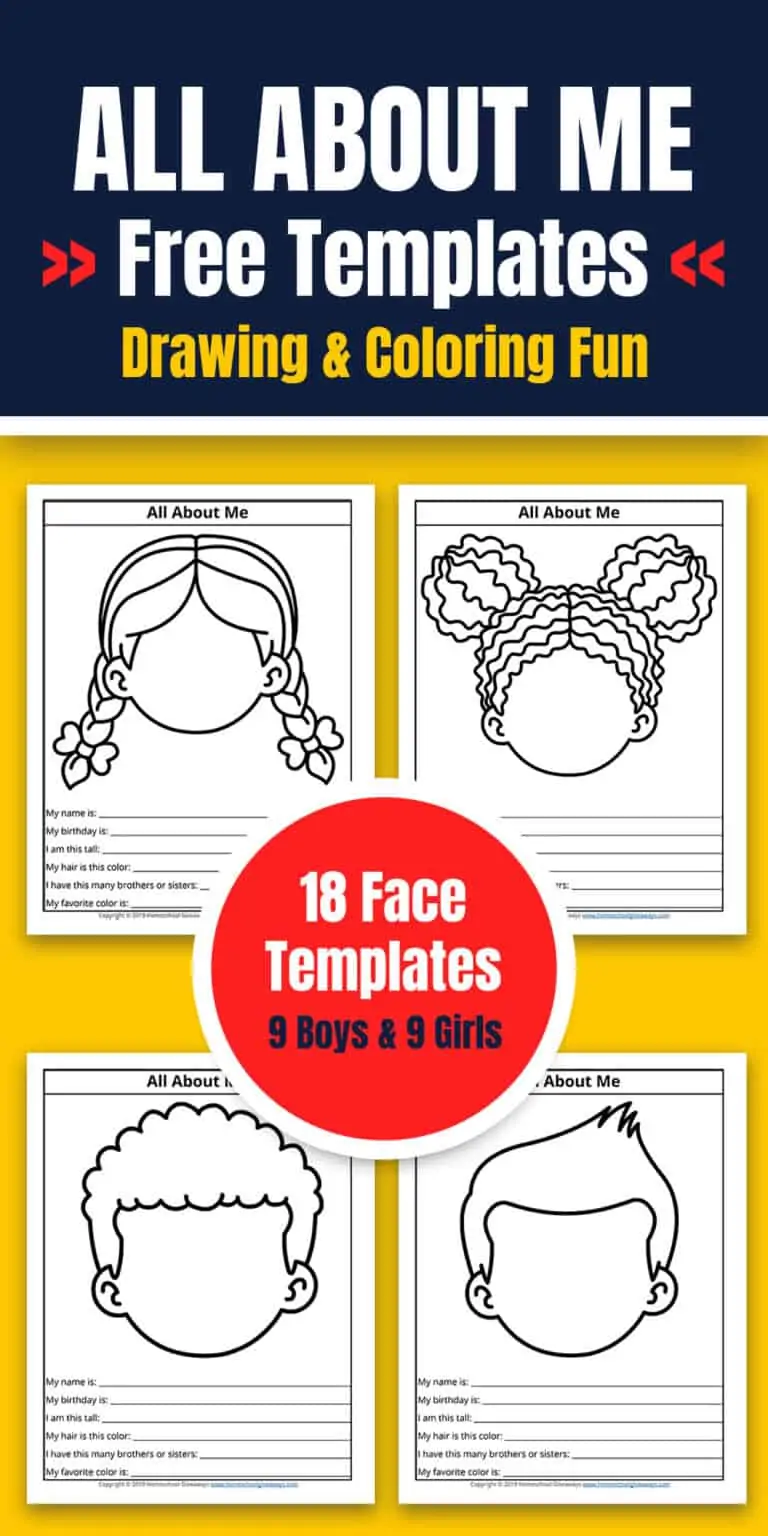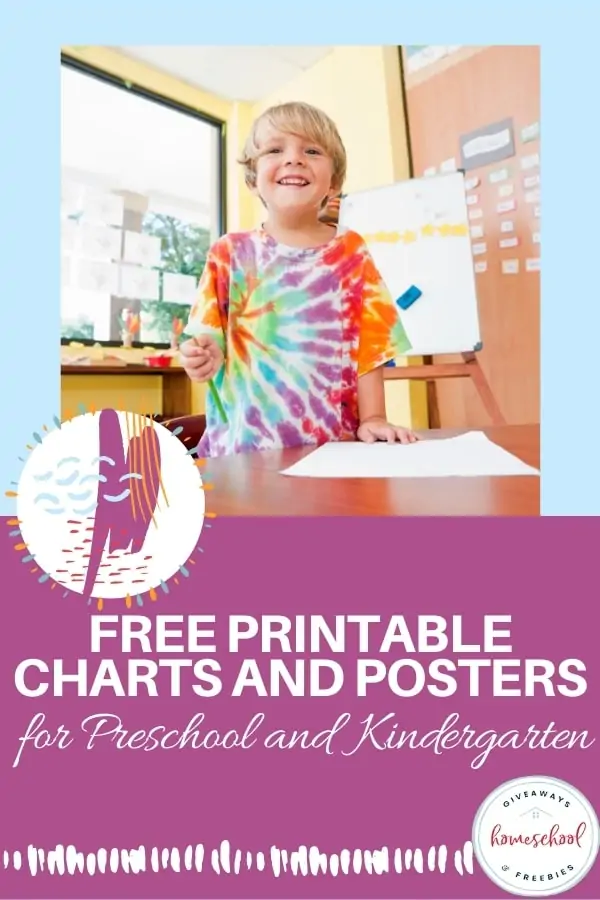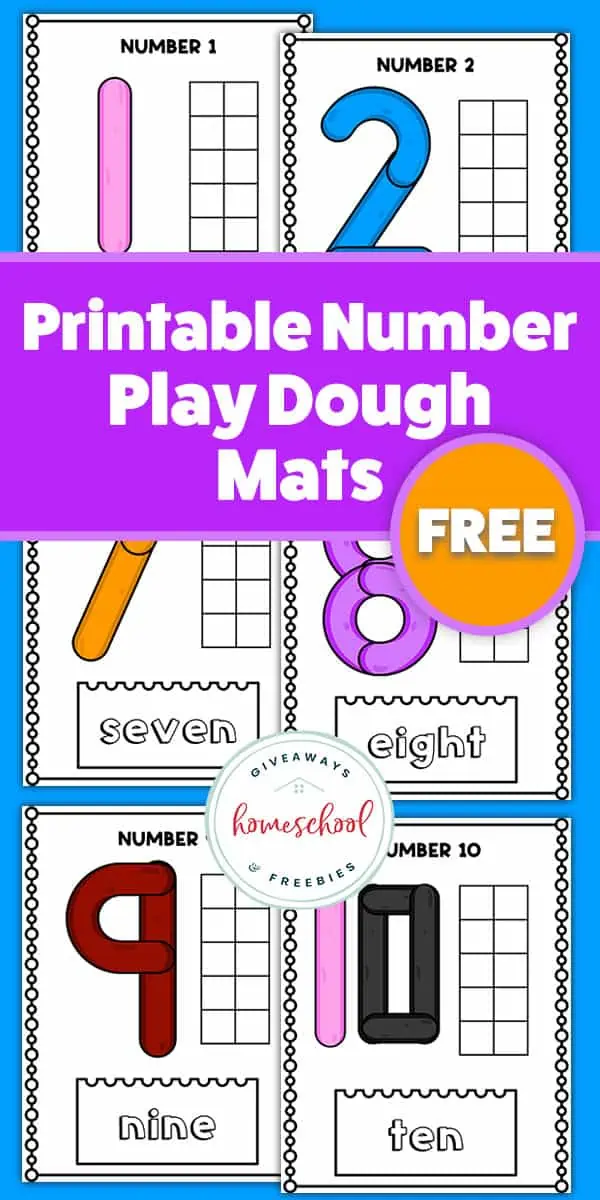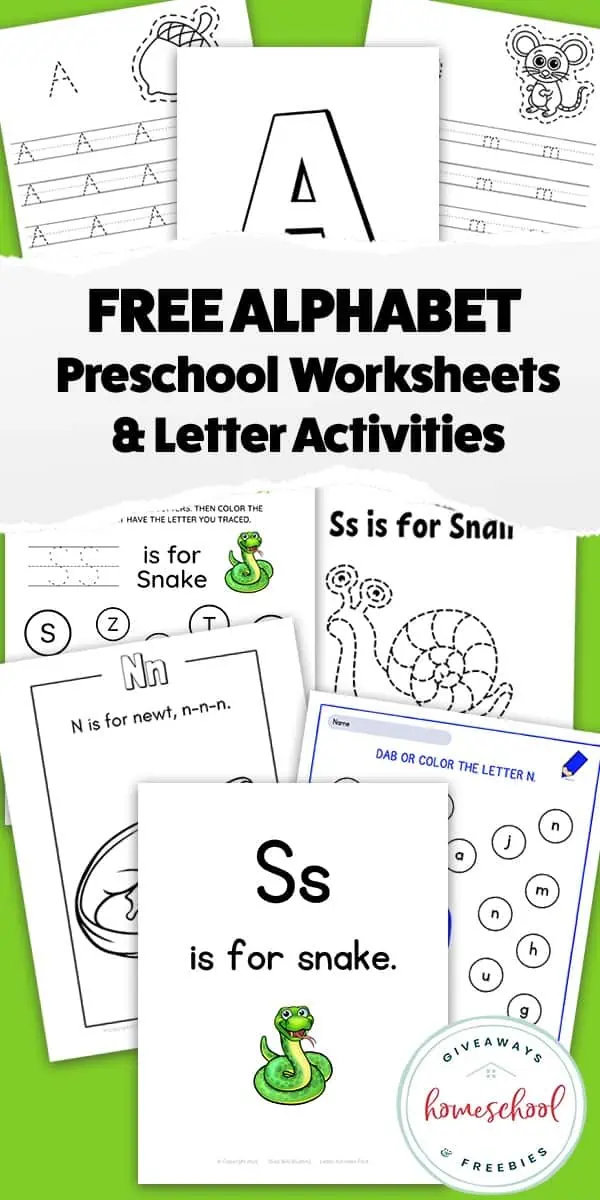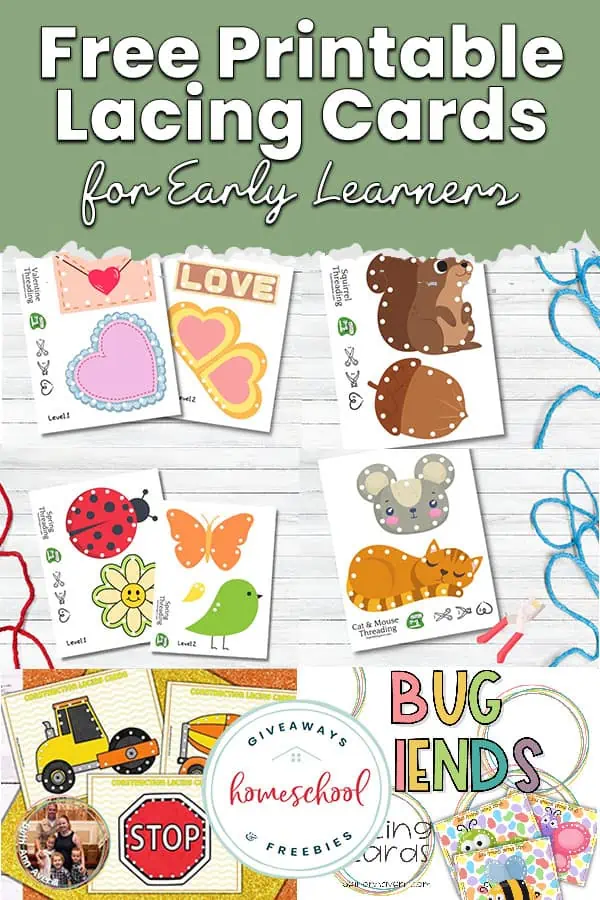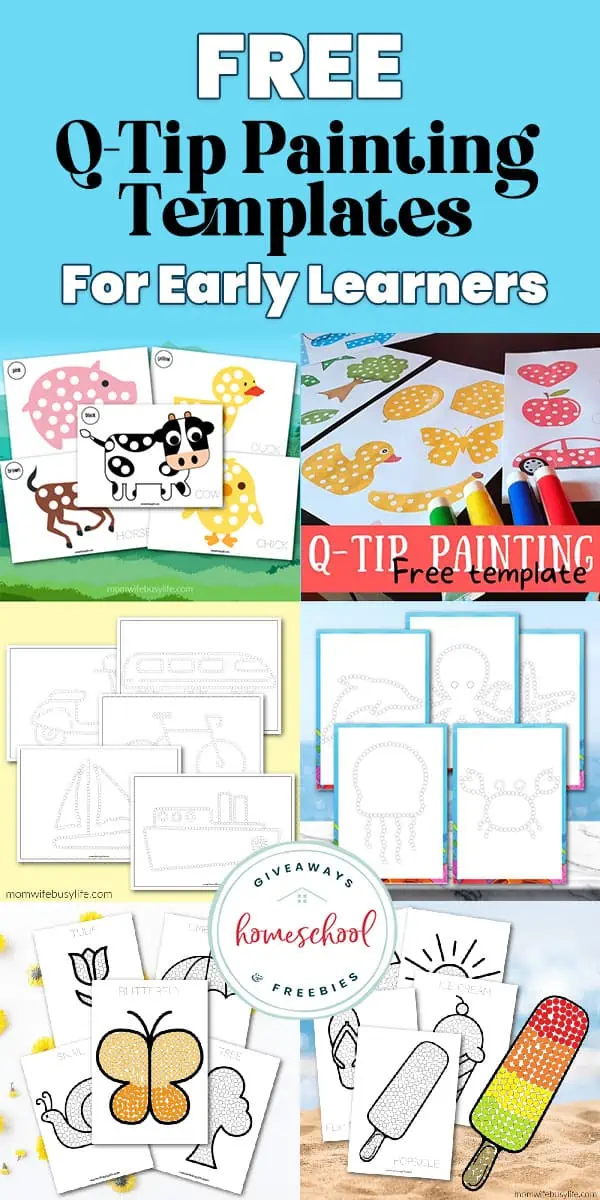25 Best Kindergarten Readiness Activities for Kids
Published:
July 4, 2022
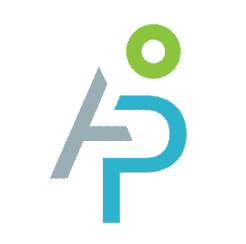
Contributor:
Alpha Omega Publications
Disclosure: This post may contain affiliate links, meaning if you decide to make a purchase via my links, I may earn a commission at no additional cost to you. See my disclosure for more info.
Kindergarten Readiness Activities
Do you have a preschooler who is just about ready for kindergarten? Maybe you’re wondering what your children should know and be able to do before starting kindergarten. Here are the main skills your children need to have and great kindergarten readiness activities to prep your children for this milestone.
What are some kindergarten readiness skills?
According to experts, the most important kindergarten readiness skills might surprise you. Research shows that the most important skills for kindergarten are those of attentiveness and desire to learn, not counting to 20. So what can you do to grow those skills? It’s actually pretty simple. Read with your children and to your children. Engage them in conversation and hands-on activities and experiences in the real world.
Pushing your child before they’re ready doesn’t always produce the results you want. In fact, choosing a self-paced timeline that follows your child’s lead and readiness to learn will yield the best results and stave off frustration for both of you.
What should a 5 year old know before kindergarten?
The most important skills and facts that a 5 year old should know before kindergarten include the following.
- completing chores around the house
- being able to listen
- distinguish between upper case and lower case letters
- name basic shapes
- count to 20
- say the alphabet
- count 10 objects
- recognize numbers 1 through 10
- write their name
- use scissors
How do you teach kindergarten readiness?
You can easily teach kindergarten readiness by using the ideas below. It really doesn’t have to be difficult! Just make it a regular part of your daily routine to work through one or two of these skills each day, and your child will be well on their way to kindergarten readiness.
Kindergarten Readiness Activities
Shapes, numbers, letters and sounds, and counting are some of the most important things your child needs to know for kindergarten. Here are basic activities you can do with your child to practice these skills.
Learn Phone Number and Address
It’s a matter of safety for your kindergartener to learn his phone number and address, even if you’re homeschooling. You just never know if your child will accidentally become separated from you in public and need to be able to give a security person at a store, for example, your phone number in order to reunite you both.
Learning Letters & Sounds
Before you worry about having your child physically write any letters, spend plenty of time learning to recognize the letters and the corresponding sounds. The basic starting point for this skill is to read books with them. There are many fun children’s books that go over with repetition the letters and their sounds. And even if you’re tired of reading the same book over and over to your kindergartener, they really do need that replay.
Your children can learn to distinguish between different letters and their sounds by using some easy phonemic awareness activities. These activities can be as simple as using manipulatives like Scrabble tiles, reading books with rhymes or having a sound scavenger hunt in the house.
Alphabet Learning
Once your child can recognize letters, you may want to use alphabet letter printables to practice drawing them. While their fine motor skills may not be ready for detailed letter printing, they can at least practice forming letters using large physical movement.
Alphabet letter printables can also aid in increased fluency in distinguishing between upper and lowercase letters and practicing matching letters with their sounds.
Practice Sight Words
Your kindergartener can practice sight words using sight words flash cards. This is just one of those skills that requires a few minutes here and there to review and recognize. Once your emergent reader has common sight words memorized, he’ll be able to grow in his reading fluency.
Learning Numbers
It’s helpful before beginning kindergarten if your child has some basic number sense. One of these skills is number recognition. Your child should be able to recognize numbers 1 through 10. Go ahead and use number flashcards, a counting activities printable, or even Uno cards and see if your child can call out the number you draw from the pile.
Practice Counting
Now take the previous activity and expand on it just a bit. Can your child point to an item and count it? Start at one and see if they can count all the way to 20. Don’t worry if it’s a struggle at first. You can work on counting from 1-10 and then slowly add a new number as your child gains more confidence.
Practice Sorting skills
Sorting is a great skill that can be paired with household chores! Can your child sort socks two by two and match them correctly? Sorting and grouping items is a cognitive skill that is very important for future math education and literacy skills. Being able to see patterns and make groups is a kindergarten readiness skill that you can work on gradually.
You can also grow your child’s fine motor skills by having them sort manipulatives. A fun activity is to dump out a pile of colorful pom-poms on the floor or table and have them use tweezers to pick them up and make piles according to color or size. Then, see if your child can make a pattern with the pom-poms.
Practice Cutting and Pasting
Fine motor skills can be further practiced by practicing cutting and pasting. Children love these cut and paste printables! While learning scissor skills, your kids can also be practicing matching, counting, learning numbers, and more, depending on the printable.
Learn Colors
Another kindergarten readiness skill is learning colors. There are so many activities you could do with your child such as:
- sorting toys by color
- using various colors of play dough
- sort small colorful manipulatives like pom-poms or buttons
- color with crayons or markers
- name everything by color
Identify Basic Shapes
It’s great to learn to identify basic shapes by finding them in your environment. What shapes does your child see right around them? But it can also be helpful to learn to trace the shapes and that’s where these free shapes tracing worksheets comes in.
Classic shape sorter toys are a great place to start for learning basic shapes. But if you want a few more creative ideas for kindergarten readiness activities, then try a shape scavenger hunt, art collage using shapes, or even shape worksheets.
Learn to Write Name
Even if your child isn’t able to write all the letters of the alphabet, the best place to start is with his or her own name. In order to make the process as easy as possible, try using a name tracing sheet. That way your child can practice tracing with a bit of structure before they write it completely by themselves. The physical writing process is uniquely tied to learning how to read. So it’s important to engage all the parts of a child’s brain as they’re first learning how to read.
Pre-Reading Activities
Before your child even begins to learn how to read, there are many pre-reading activities that you can use. Here are just a few.
- storytelling
- games with sequencing
- drawing pictures to go with a story
- listening to a read-aloud
- playing word games
- rhyming words
- narration skills
- letter recognition
Kindergarten Readiness Activities
While it may seem like all these academic skills will take forever to learn, you can find fun ways to engage your child with simple activities. Here are easy ideas to use to help your child with school readiness.
Learn Days of the Week and Months of the Year
Early learners need to know the days of the week and months of the year. It’s always easiest if you can help your children connect special events with certain months. When is their birthday? When are their favorite holidays? Do the same with the days of the week. Do you have a predictable schedule on certain days? Talk about the days as you go through your week and before you know it, your children will have learned without much formal instruction.
Teach Them Their Birthday
Make sure your kindergartener knows his or her birthday. Teach them the month, day, and year. This is a fun discussion to have as they talk about the other months of the year and where their birthday fits in.
Work on Hand-Eye Coordination
A great way to practice hand-eye coordination is to go outside and throw a ball. Start close to each other and slowly move apart. Or, set up hoola hoops on the ground and see if your child can toss bean bags into each circle. Coloring is another great activity, as are dot-to-dots, stringing beads, and small jigsaw puzzles.
Build Fine Motor Skills
Children’s physical skills mature at different rates. Fine motor skills relate to activities that use the smaller muscles in your hands. In order to build these skills, here are some easy activities to try:
- cutting
- using a pencil
- playing with Lego
- buttoning
- grasping small objects
- tying shoes
Gross Motor Skills
Gross motor skills use the large muscles of the body. Activities that build these skills include running, climbing stairs, jumping, and throwing a ball. These are all the activities we associate with physical education or physical activity. In other words, be sure your kindergarten readiness checklist includes lots of outdoors playtime!
Proper Pencil Grip
Young children can struggle if they learn to hold a pencil the wrong way. So go ahead and be sure to teach a proper pencil grip from the beginning. You may even notice this during the preschool years when your child is holding crayons or markers. Work on this skill right away so that you don’t have to correct the wrong grip later on.
Get Familiar with Songs and Nursery Rhymes
Using songs and nursery rhymes positively helps your child’s language development. These rhymes help them grow their phonological awareness, making them ready for direct instruction in phonics in the first few years of elementary school.
Become Familiar with a Schedule
Right before starting kindergarten is a great time to help your child become familiar with a schedule. It doesn’t have to be a rigid schedule, but it can simply be a general flow to your day. What happens after breakfast? When do they complete chores? Will you have your read-aloud before or after lunch?
Assign Chores and Responsibilities
Many important life skills can be learned by your rising kindergartener. Assigning them age-appropriate chores and responsibilities is an important part of getting them ready for school. Most five-year-olds can help with their own laundry, including sorting and putting away. Maybe they can feed the pet or empty the dishwasher. Of course, you’ll need to train them in each chore, but soon they’ll be able to do it on their own.
Teach Personal Care
Young children can learn the basic skills of personal care. By kindergarten age, children should be able to go to the bathroom on their own, brush their teeth, and get dressed.
Teaching Sharing and Taking Turns
One of the best ways to teach sharing and taking turns is to simply play games! Learning to wait until your turn is a growing skill for young children. Grab a board game and you have a great kindergarten readiness activity!
Practice Listening Skills
Help your children practice listening skills by including regular read-alouds in your home. This increases their phonological awareness and prepares them to be capable readers.
Learn to Follow Directions
In addition to practicing listening skills, help your children learn to follow step by step directions. A fun activity to use for this skill is simply to bake with them in the kitchen. Give them one simple instruction at a time and help them learn how to complete the steps in order.
In Conclusion
Your children can have a successful transition from the preschool years to the start of kindergarten by implementing these kindergarten readiness activities! They really are simple, can be loads of fun, and really only take a few minutes each day.



